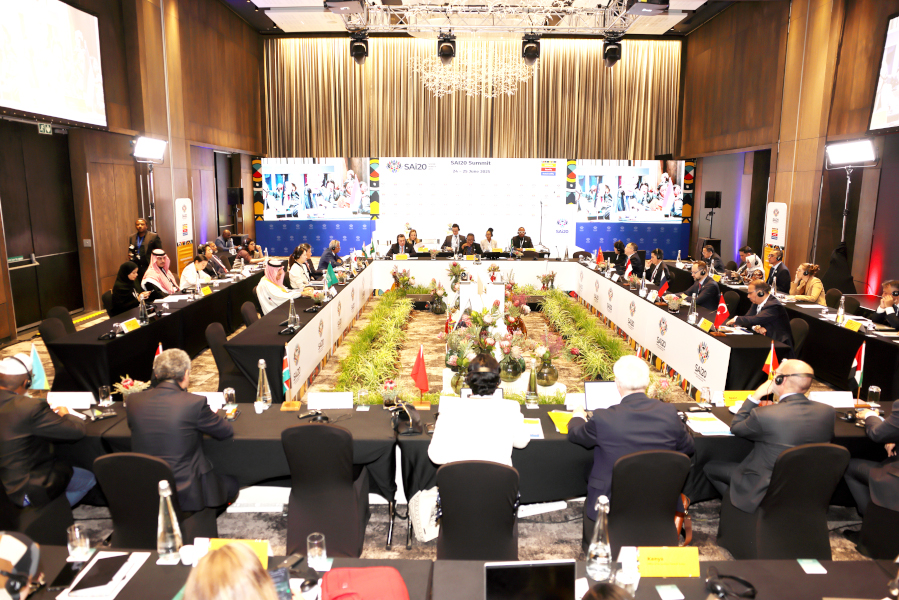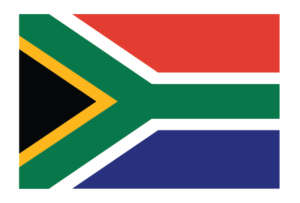
SAI20
SAI20 is an engagement group of Supreme Audit Institutions (SAIs) from countries that make up the G20. SAI20 is chaired by the SAI of the country holding the G20 presidency.
South Africa chairs the G20 presidency from 1 December 2024 through to November 2025. Therefore, SAI20 is being hosted in South Africa by the Auditor-General of South Africa (AGSA).
SAI20 also upholds the themes of the G20, using a variety of engagement sessions at all levels to unpack these themes in the context of SAI operations and the work that SAIs accomplish.
These engagements encourage SAIs around the world to generate an accountability ecosystem that has the task of overseeing the implementation of G20 commitments while supporting the Sustainable Development Goals (SDGs) established by the United Nations (UN).
SAIs can track progress and evaluate results of the effectiveness of G20 policies, providing feedback and monitoring to help ensure that commitments are turned into actions.
The SAI20 engagement group was established in 2022 during Indonesia's G20 presidency and supports SAIs to prepare for the future in the face of rapidly changing audit and social environments.
Timeline of SAI20 Presidency
G20 Themes
The theme for South Africa’s G20 Presidency is Solidarity, Equality, Sustainability.
The theme guides the priorities of the Working Groups in both the Sherpa and Finance Tracks and also informs the High-Level Deliverables of South Africa’s G20 Presidency.
Solidarity signifies a unified effort and mutual support among member nations. It is the recognition that in an interconnected world, the challenges faced by one nation can have ripple effects globally. This principle emphasises cooperation, empathy, and collective action, ensuring that no country is left behind, especially in times of crisis.
Equality refers to ensuring fair treatment, opportunities, and advancement for all individuals and nations, irrespective of their economic status, gender, race, geographic location, or other characteristics. It underscores the need to address systemic disparities and promote social justice on a global scale.
Sustainability is about meeting the needs of the present without compromising the ability of future generations to meet their own needs. It integrates economic growth, social inclusion, and environmental protection, ensuring long-term health and stability of all people and our planet. As major global actors, G20 nations play a pivotal role in driving sustainable development.



